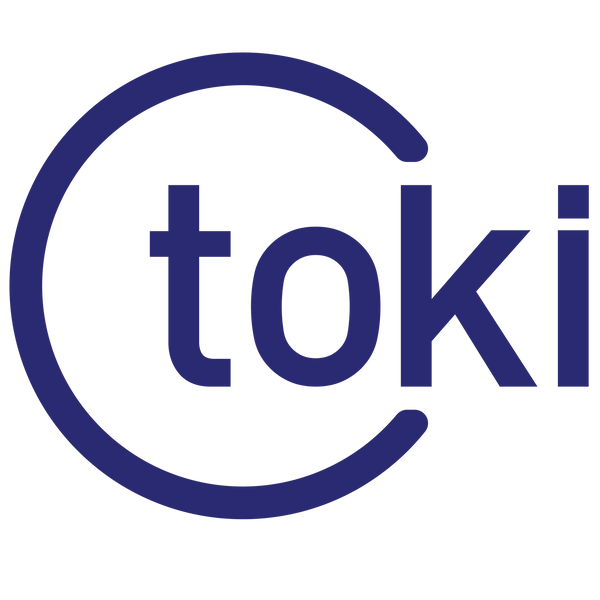Laser Depaneling of Printed Circuit Boards
Depaneling is the act of separating printed circuit boards (PCBs) out of the panel.
With traditional depaneling methods, assembled PCBs are cut out of the panel using a mechanical separation process. In the case of Laser Depaneling, the depanelization process is performed using a focused laser beam that ablates the material layer by layer. The laser process offers considerable advantages over conventional mechanical cutting processes.
Methods of Depaneling
| Laser Depaneling | The panel is cut out without physical contact, with the aid of a laser beam. The cut is made by ablating the material layer by layer. |
| Die-Punching | The printed circuit boards are manufactured with a press or on impact with the use of a cutting tool. |
| Milling | A machining manufacturing process in which the material is removed with rotating cutting heads in paths. |
| Sawing | The assembled PCB is cut out with the use of a circular saw. With this method, only straight contours can be processed. |
Benefits of Laser Depaneling
 |
HIGH CUTTING EDGE QUALITY LPKF's innovative CleanCut technology enables PCBs to be processed completely free of carbonization. |
 |
STRESS-FREE Laser is a non-contact method of separation, preventing mechanical stress on the board and damage to sensitive components. |
 |
DUST-FREE Flow channels within the cutting chamber are considered to ensure optimised dust extraction after laser depaneling. |
 |
MATERIAL DIVERSITY A wide variety of different substrate materials can be processed with ease by varying the process parameters. |
 |
DESIGN FREEDOM Customisable and narrow laser beams allows fine and complex structures to be implemented. |
 |
FLEXIBILITY The laser offers a wide range of other applications, such as drilling, marking or structuring. |
 |
WEAR-FREE PROCESSING Laser systems compared to mechanical routing systems are contactless, which means no consumable parts will get worn out or require replacement. |
 |
COST-SAVINGS Laser machines make it possible to cut the full perimeter of PCBs instead of just cutting the break-out tabs, leading to savings of more than 30% of board material. In addition, wear-free processing means no cost is involved with consumables replacement, thus reducing material and operational costs. |
